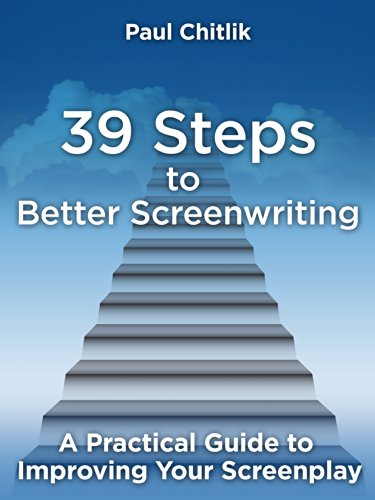

$7.65
39 Steps to Better Screenwriting: A Practical Guide to Improving Your Screenplay (Kindle Edition)
This is not a beginner’s book on screenplay writing, though a beginner could read it and learn.
This is a writer’s consigliere. It’s a book of advice and reflection that will kick ass against just about any screenwriting problem. It’s a series of essays on film and television writing, a deep background on very specific craft issues ranging from punctuation to meaning in your screenplay.
Chapters range from “The Antagonist as a Good Guy” to how to establish an emotional core in your script, to one on Katy Perry’s use of story in her concerts (Yes, that Katy Perry) to “The Power of Story.” There’s even one called “What Film School Should I Go to?” You’ll want to carry it with you to the Starbucks and consult it like you would your best friend when you run into trouble. It will get you to think about your writing in new ways and to give you the tools to express those thoughts. It’s a writer’s secret weapon, and now you can have it, too.

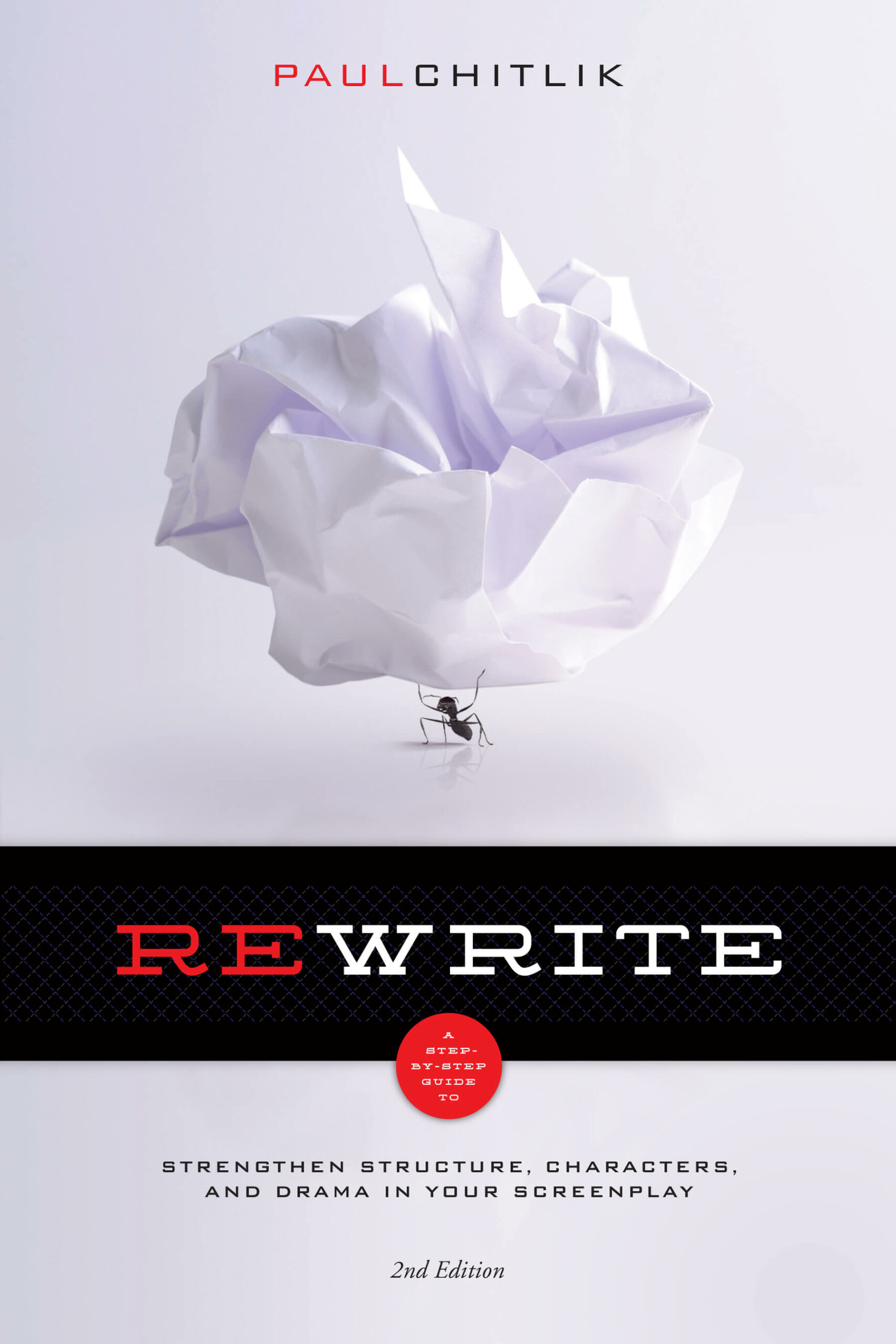
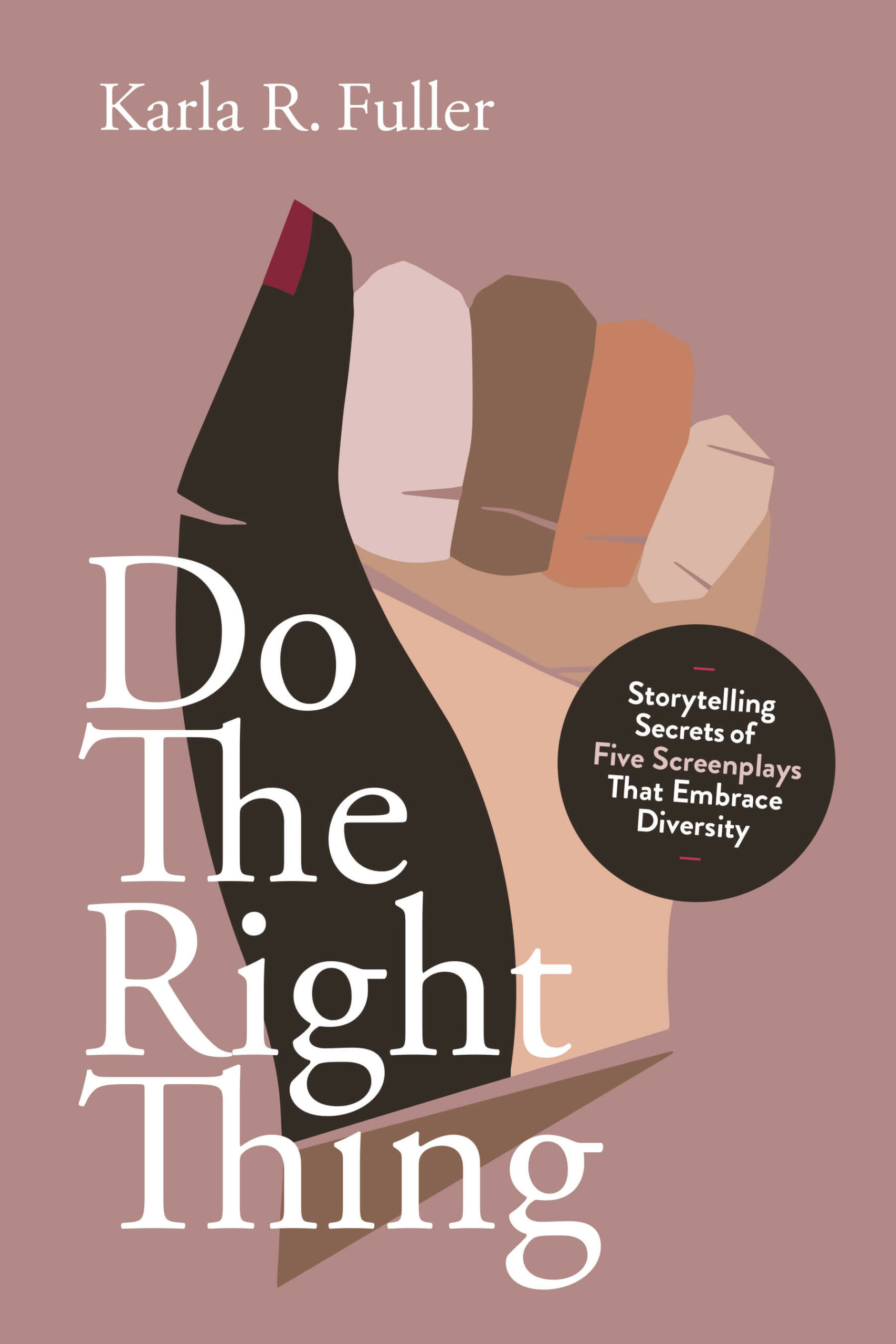
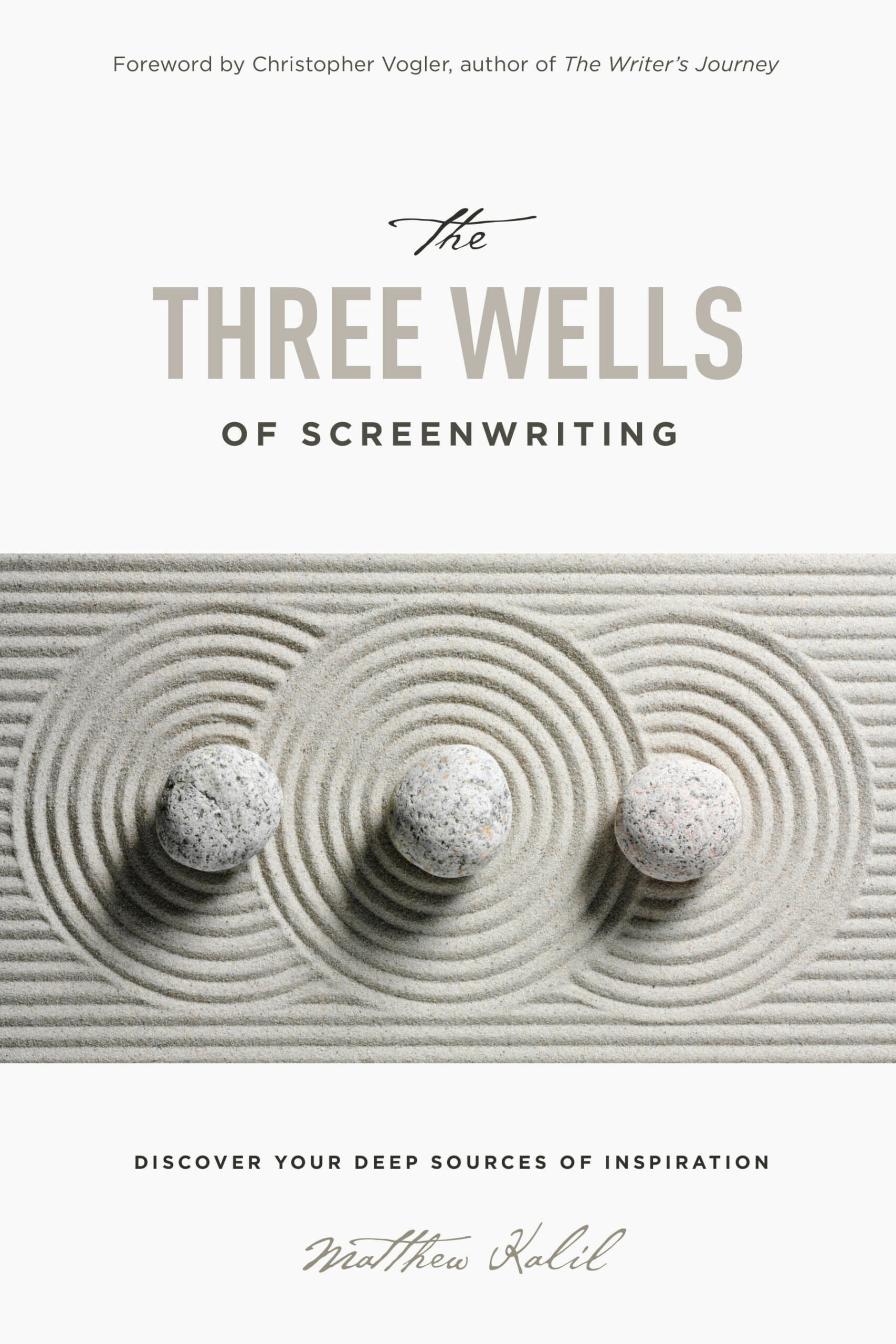
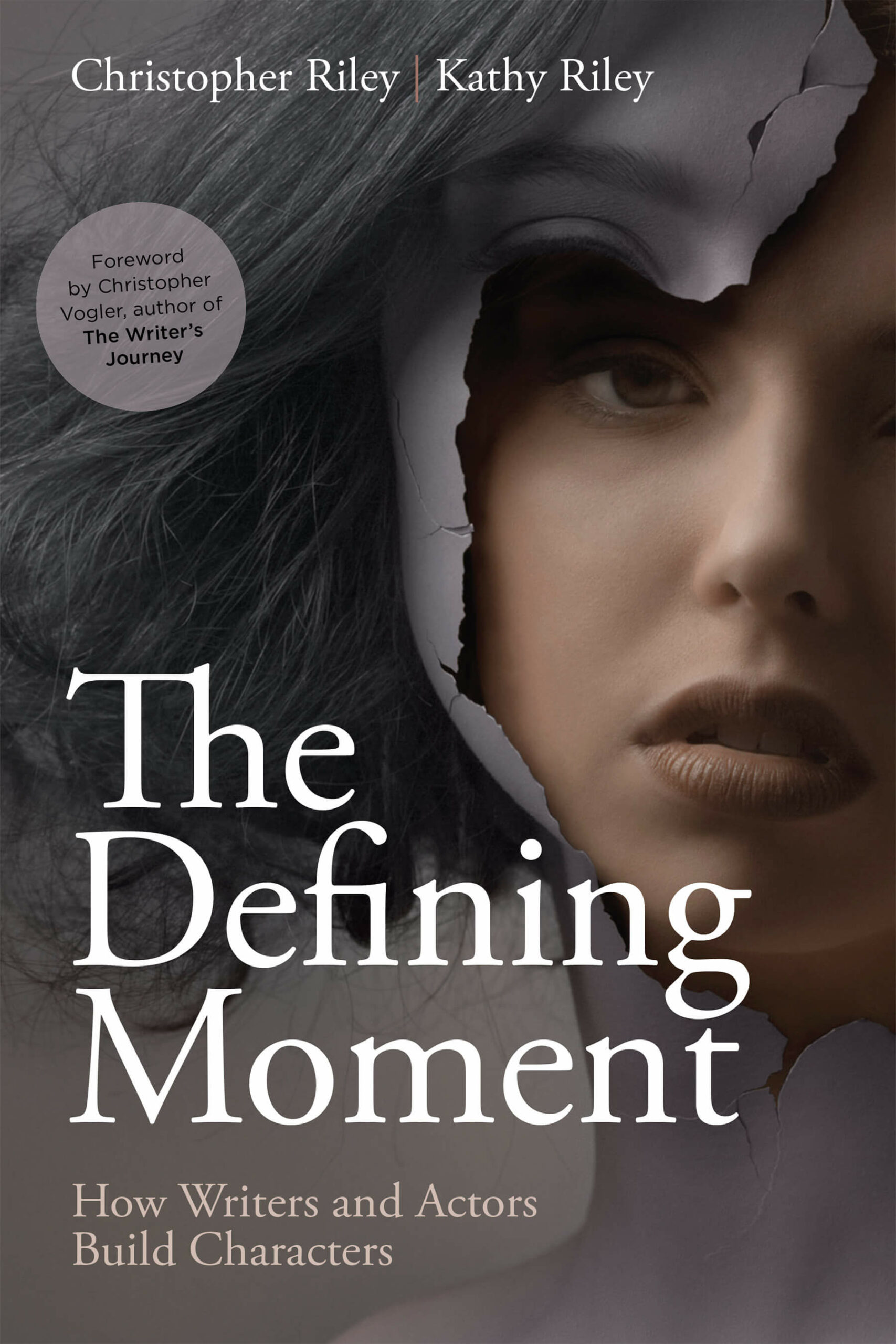
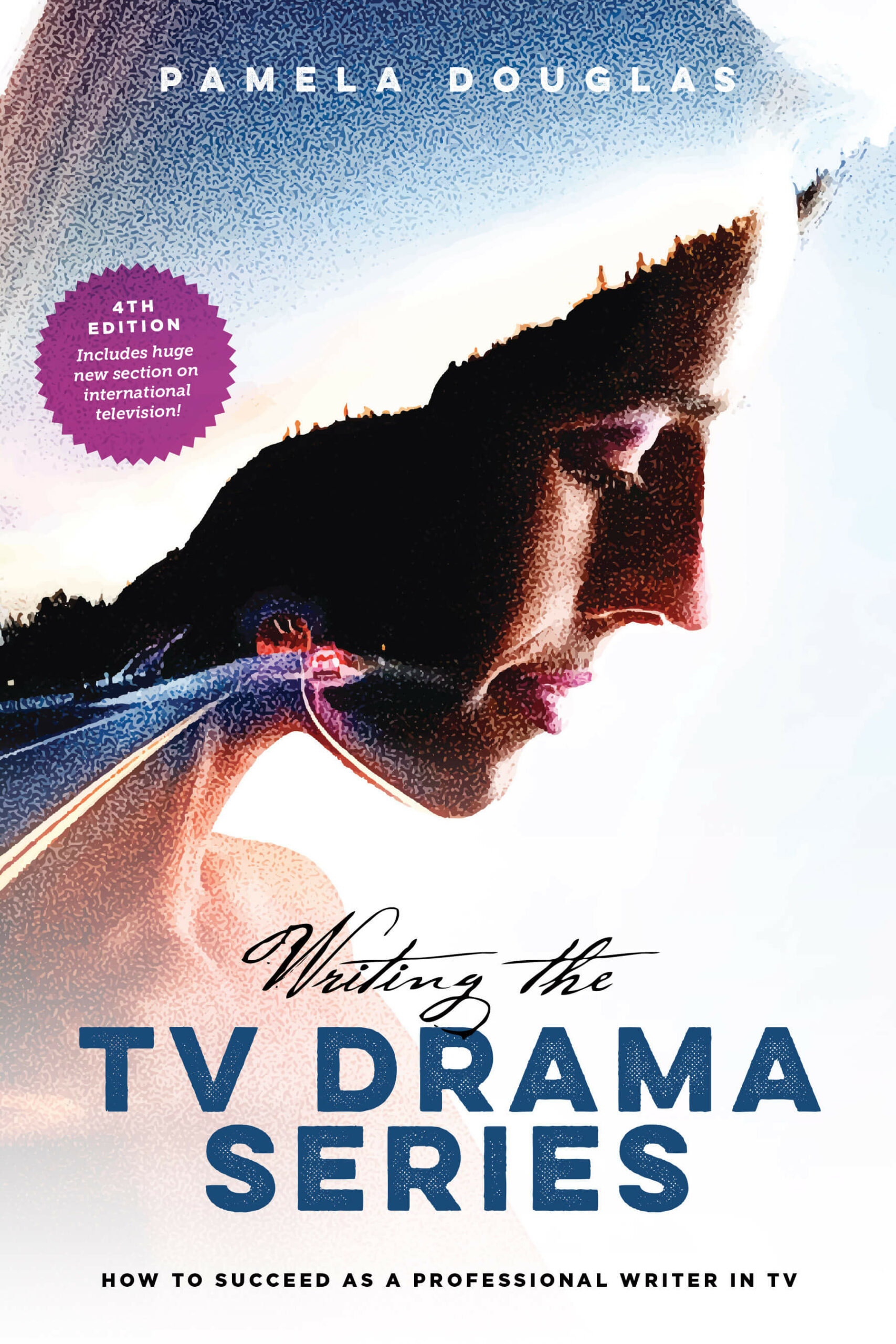
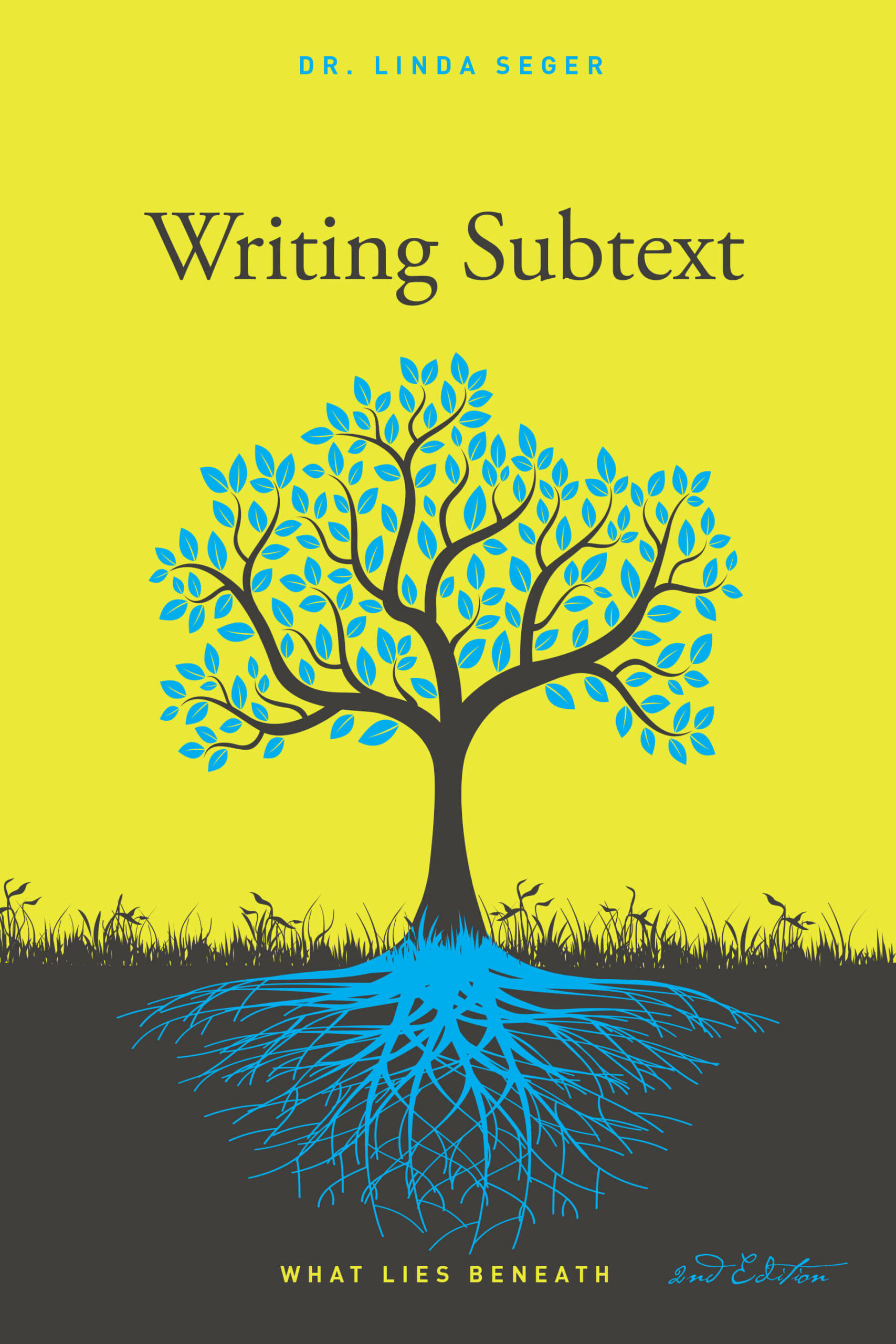
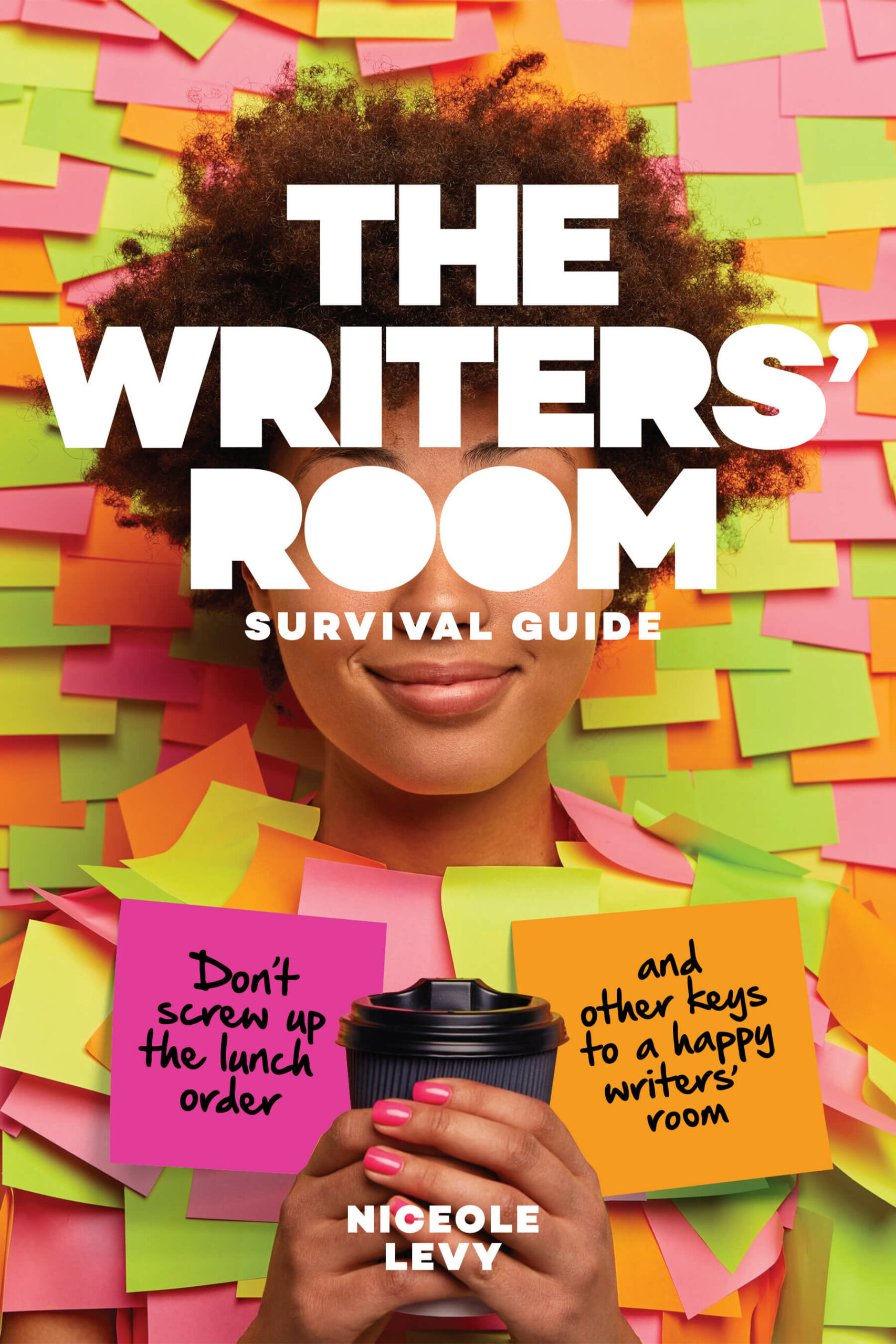
Reviews
There are no reviews yet.